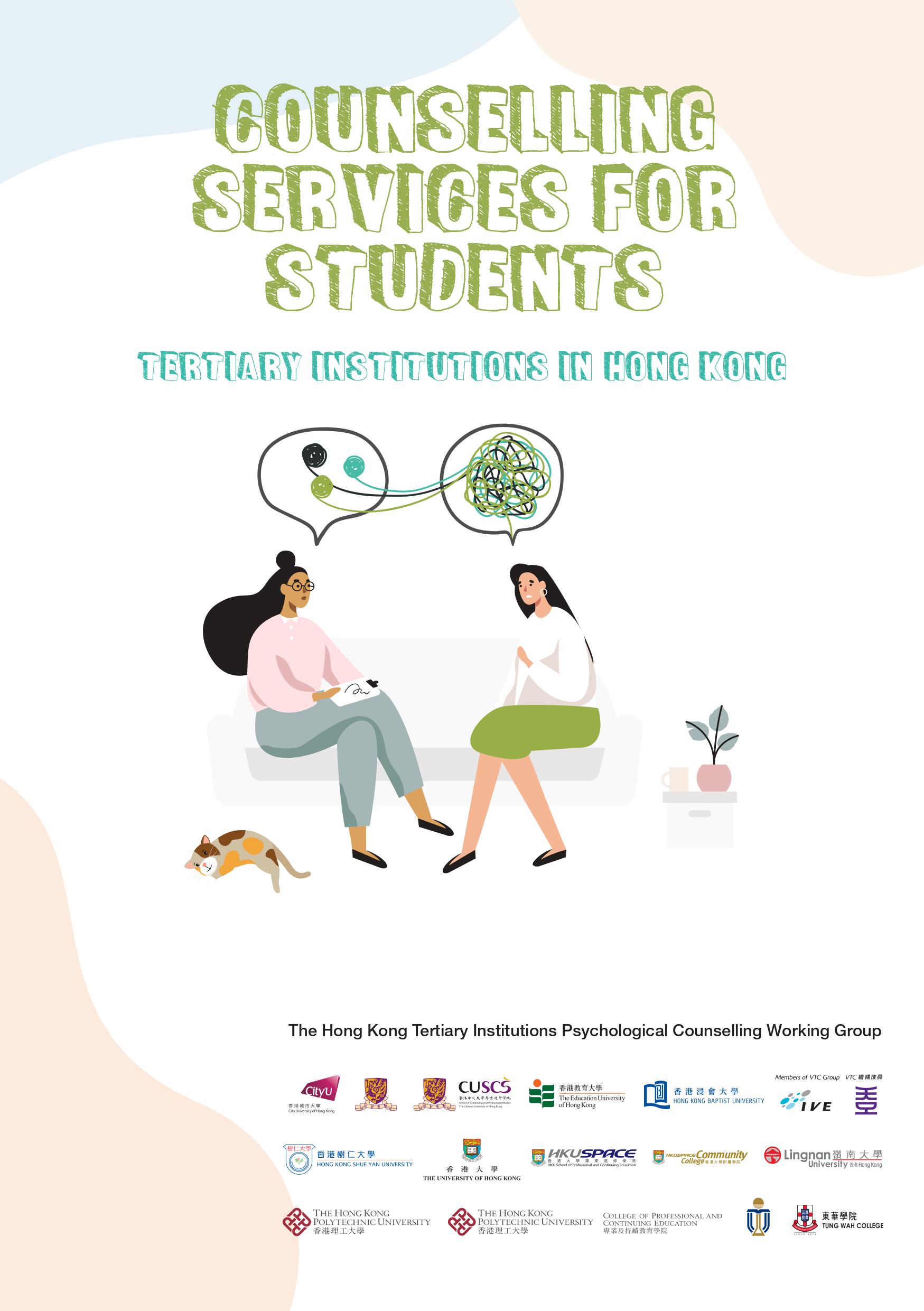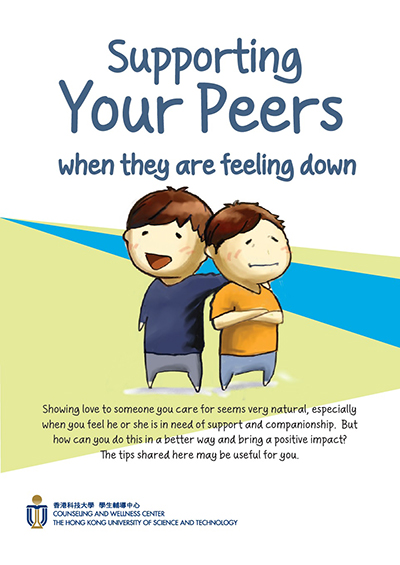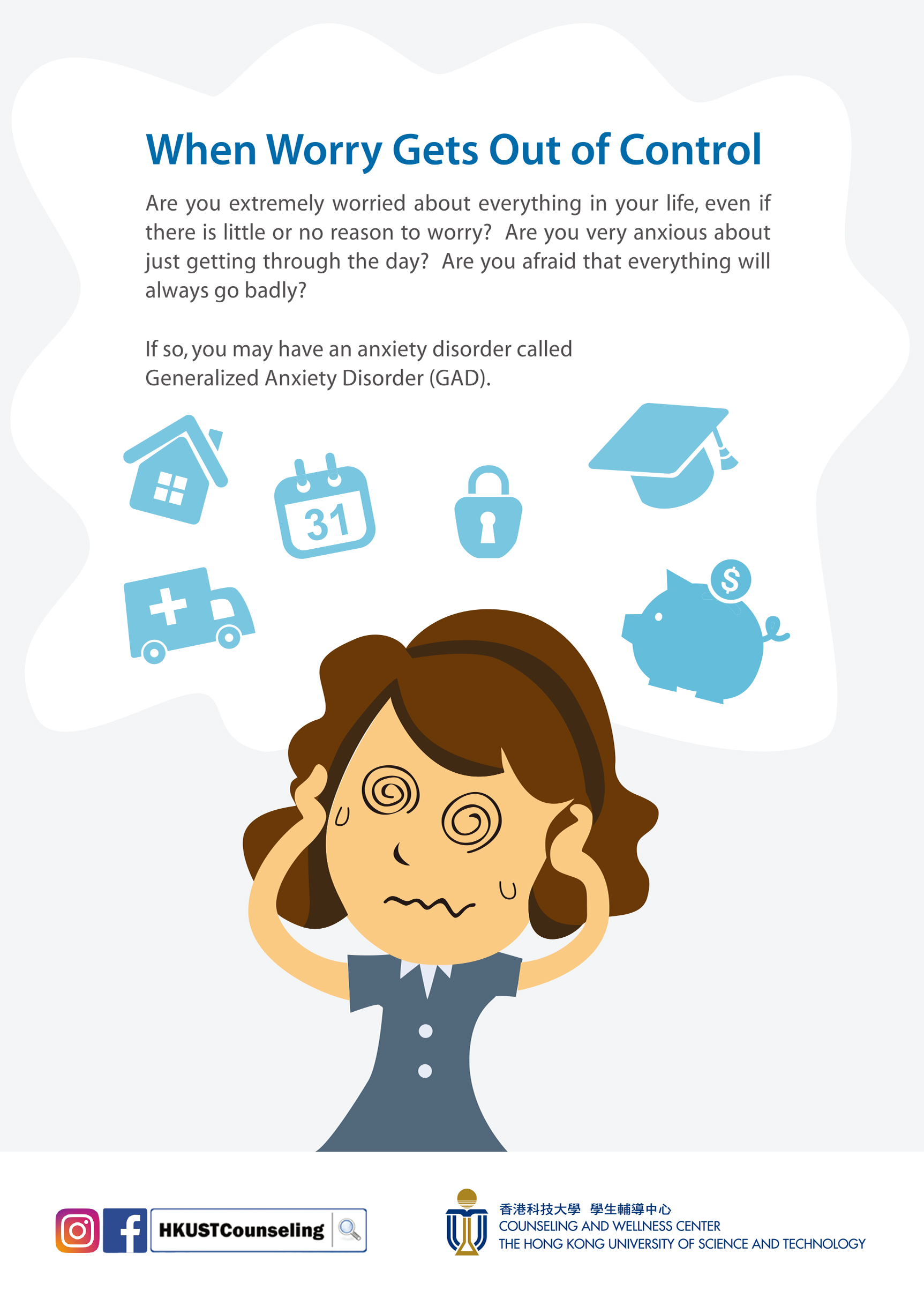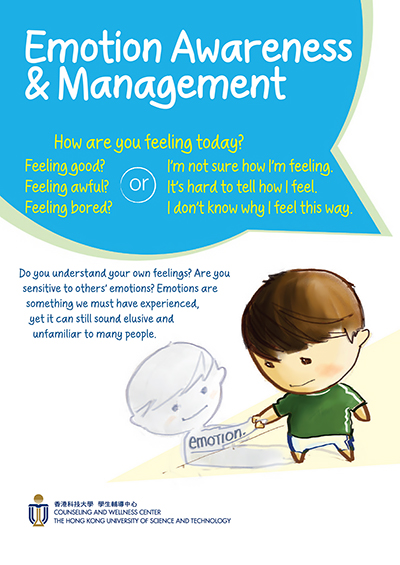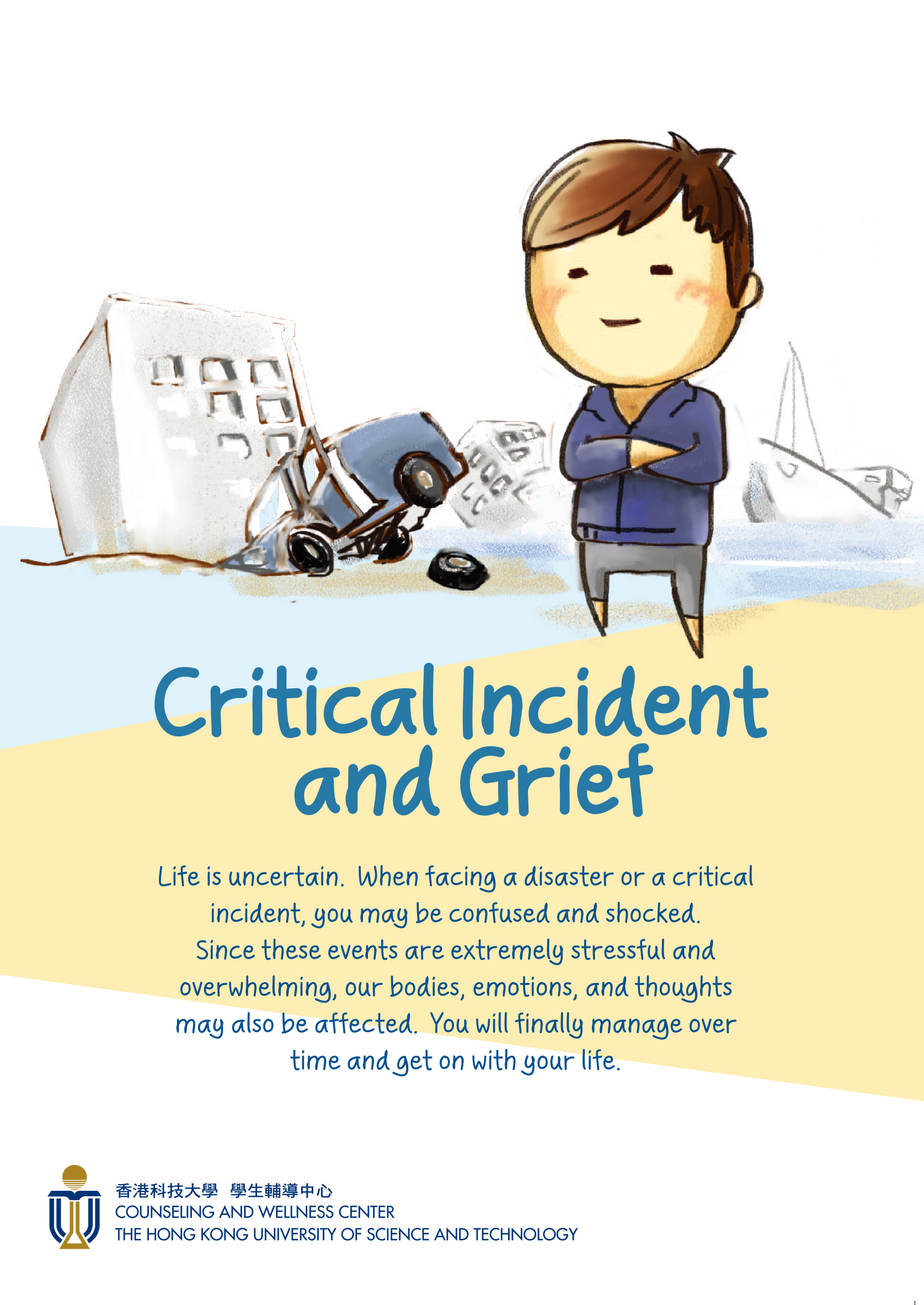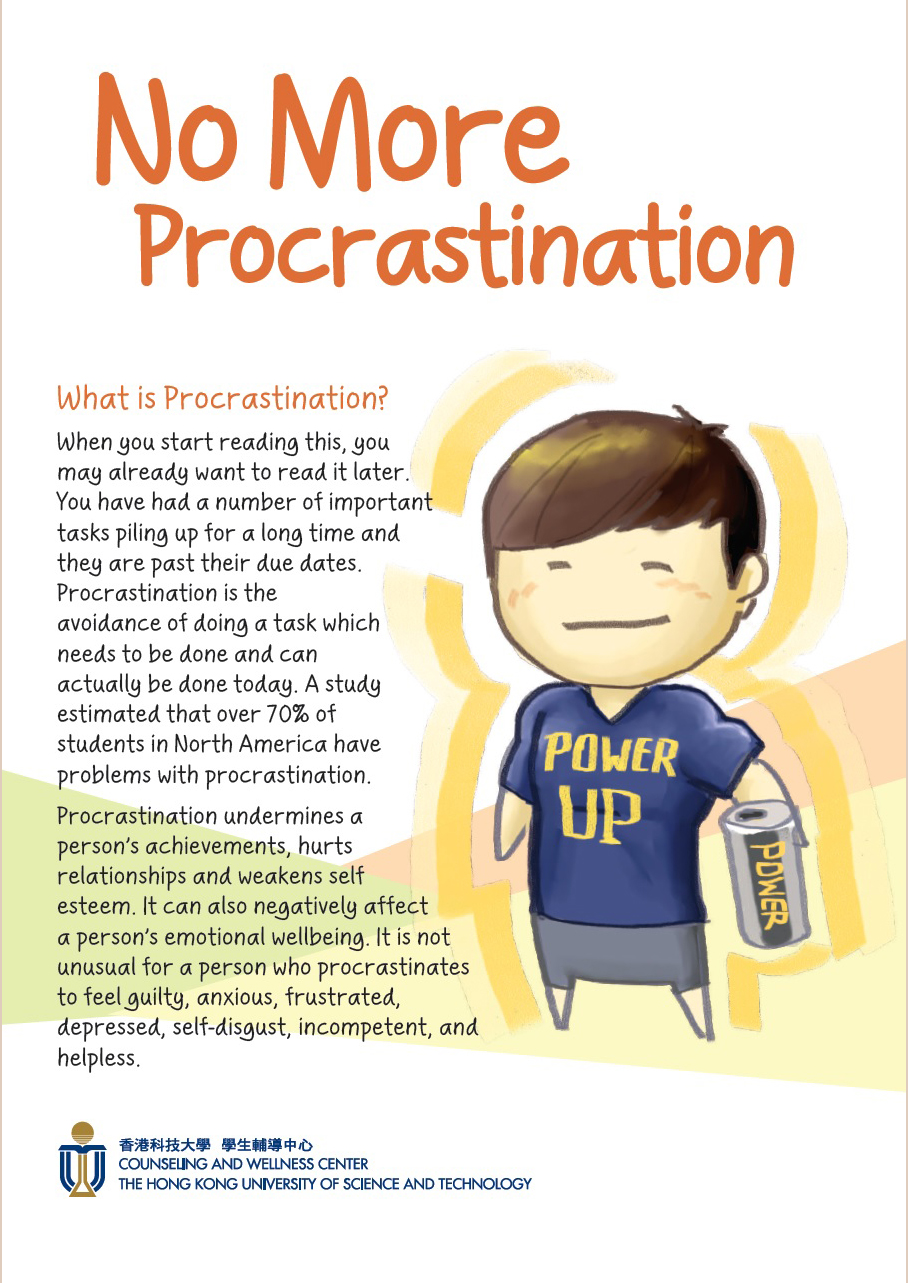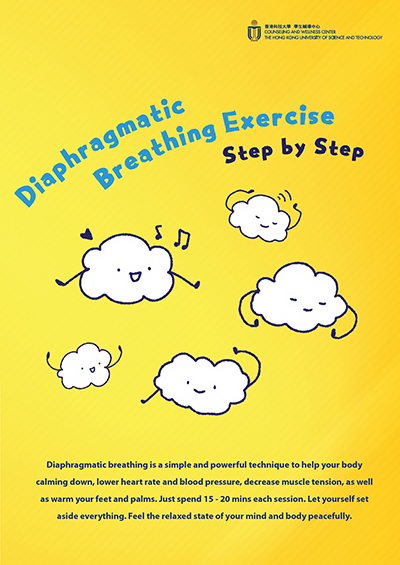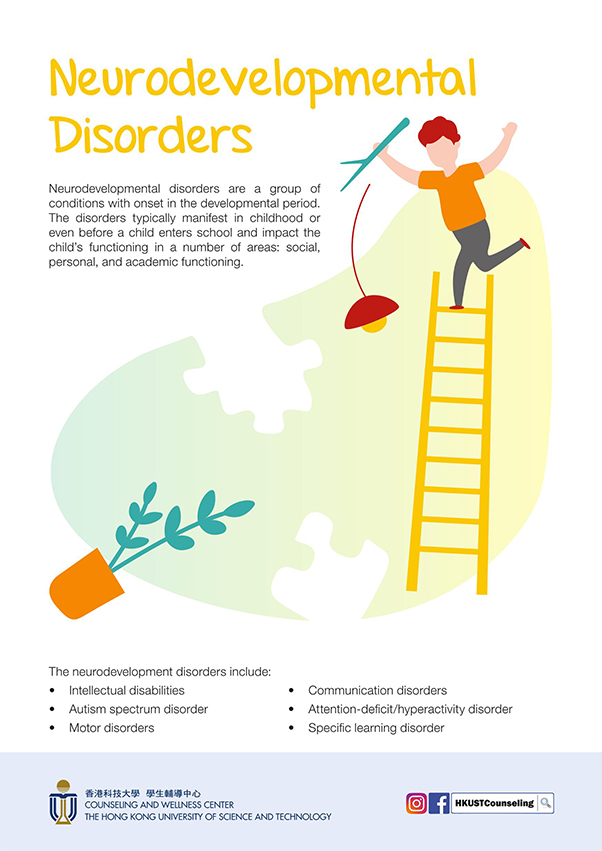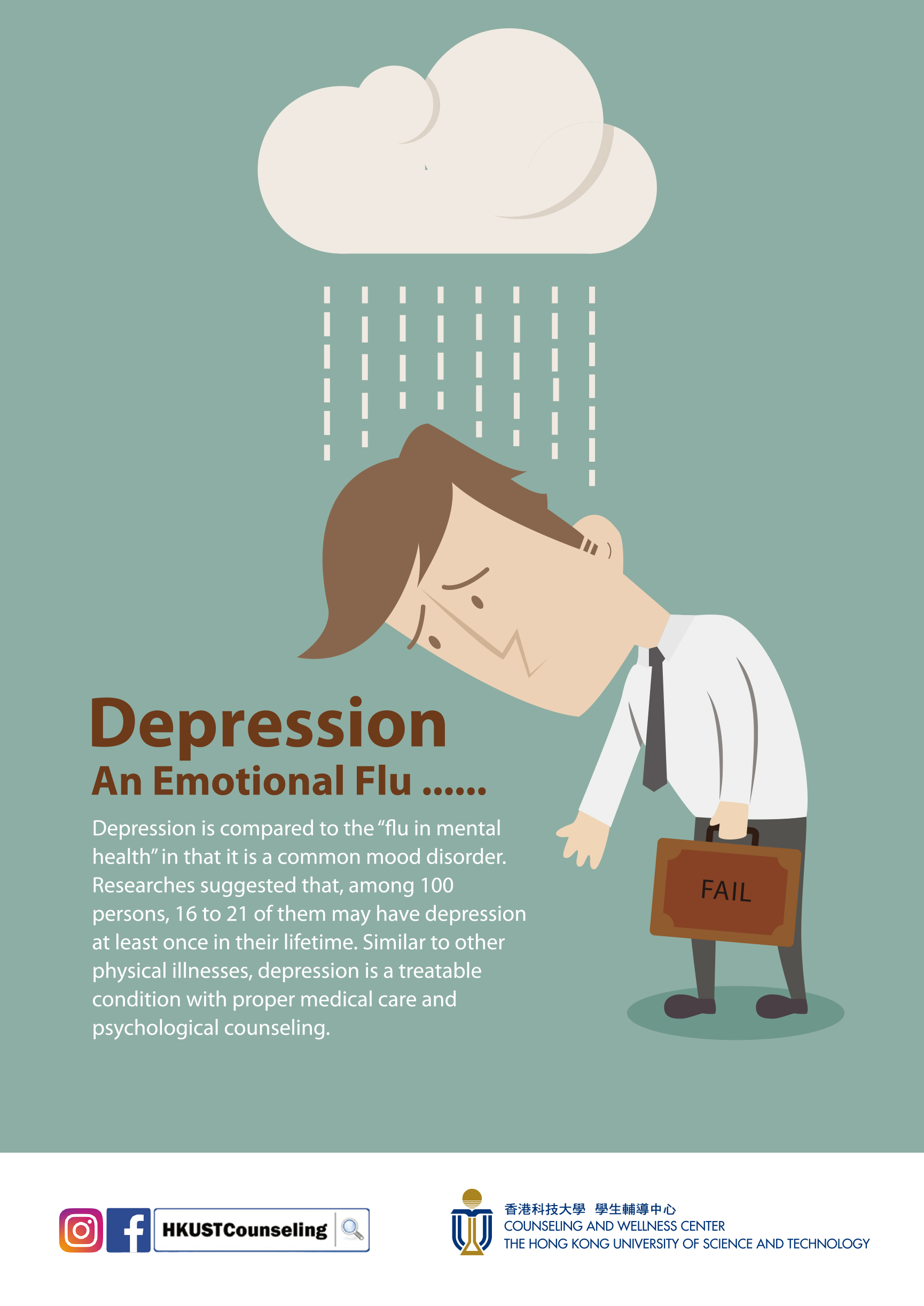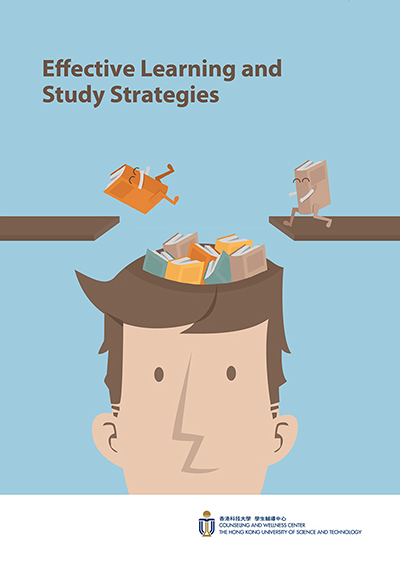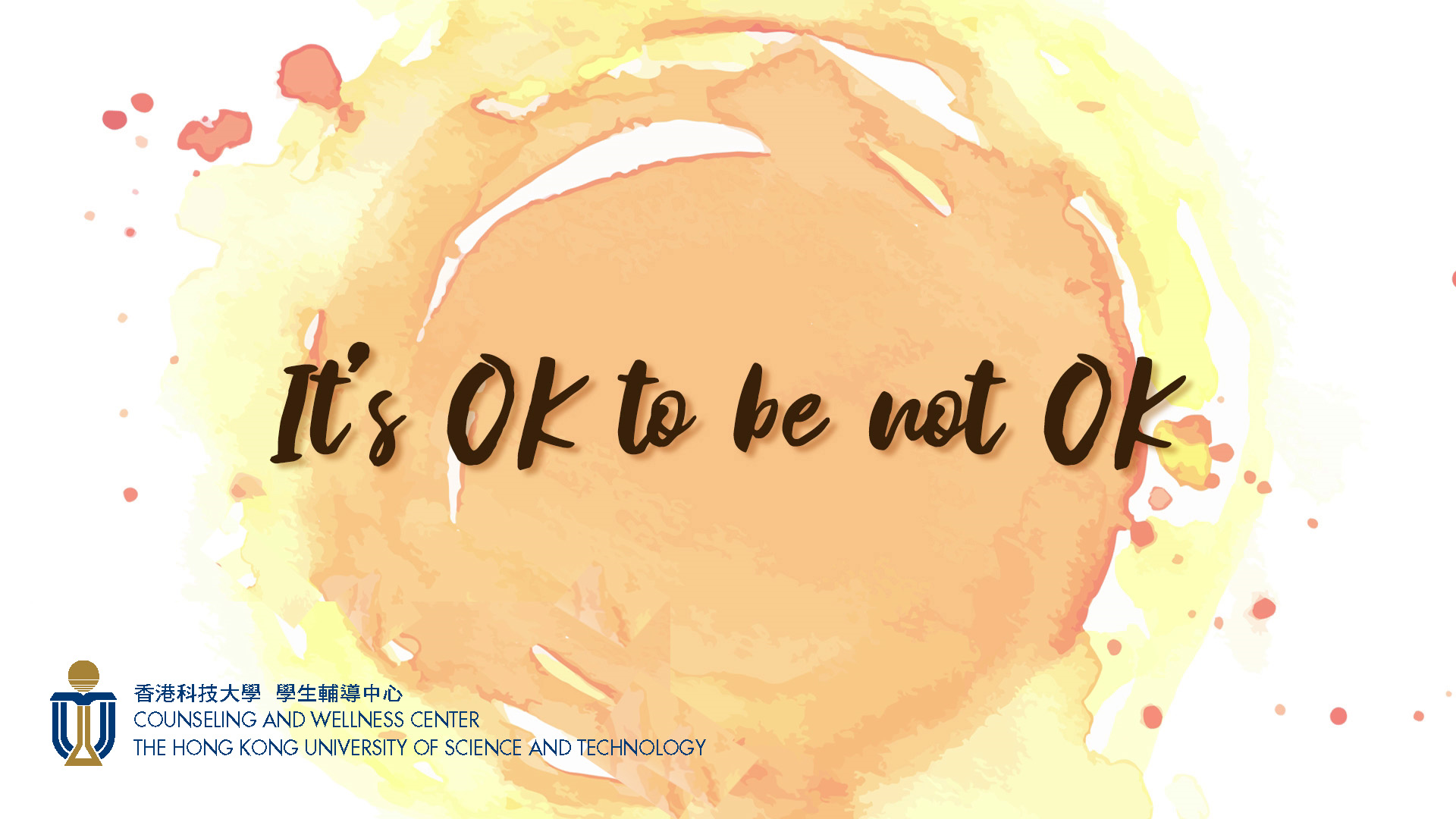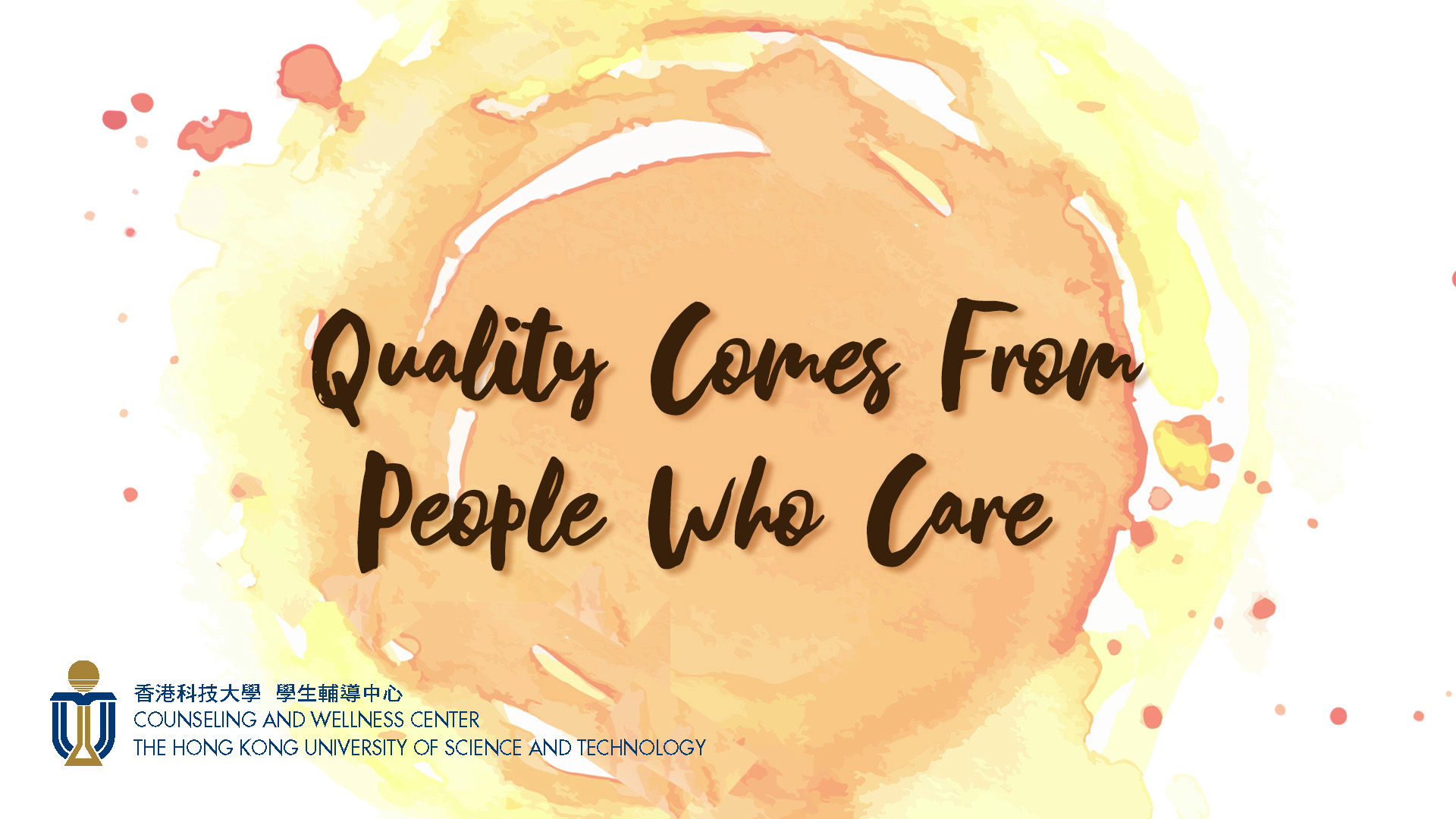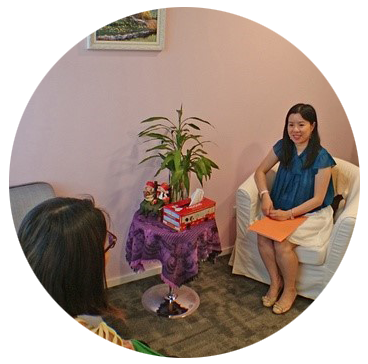Why are counseling services private and confidential?
 When students decide to meet with a counselor, they need sufficient emotional support to manage their life adversities and mental health concerns. A student may be going through stressful experiences, traumatic life events, fear of judgement and an emotional roller coaster ride of mental health symptoms. They may feel embarrassed, vulnerable or a sense of shame, and may be reluctant to share their private feelings and secrets if they do not feel safe and comfortable in the counseling environment. It is of utmost importance for a counselor to gain trust from a student and build rapport with them to ensure the effectiveness of counseling/psychotherapy. Sometimes, the discussion may involve substance abuse, sexual activity, and concerns about other behaviors that might violate the student conduct code.
When students decide to meet with a counselor, they need sufficient emotional support to manage their life adversities and mental health concerns. A student may be going through stressful experiences, traumatic life events, fear of judgement and an emotional roller coaster ride of mental health symptoms. They may feel embarrassed, vulnerable or a sense of shame, and may be reluctant to share their private feelings and secrets if they do not feel safe and comfortable in the counseling environment. It is of utmost importance for a counselor to gain trust from a student and build rapport with them to ensure the effectiveness of counseling/psychotherapy. Sometimes, the discussion may involve substance abuse, sexual activity, and concerns about other behaviors that might violate the student conduct code.Counseling/psychotherapy is considered confidential to protect students’ personal experiences and the therapeutic relationship. Nevertheless, there are exceptions that confidentiality would not be upheld, particularly if the counselor is significantly concerned about the safety of student or someone else that the student is talking about.


